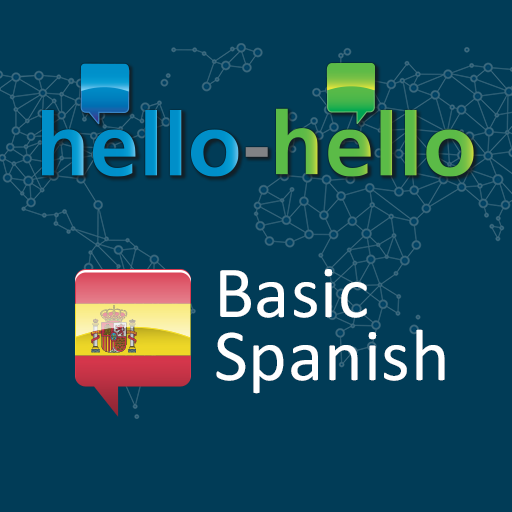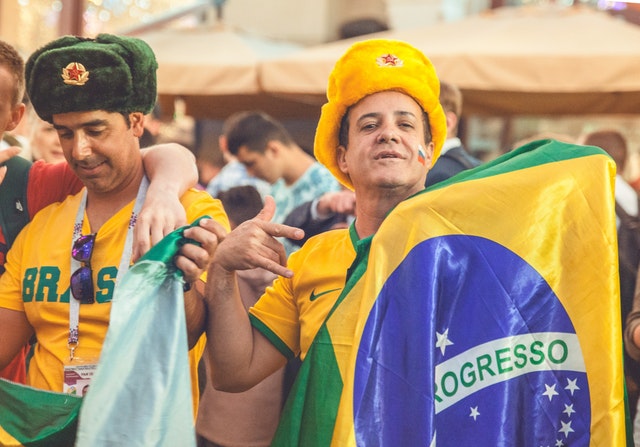Portuguese is amongst one of the world’s most widely spoken languages, coming 6th behind Chinese, Spanish, English, Hindi, and Arabic. There are 2 major kinds of Portuguese-Brazilian (spoken in Brazil) and European (spoken in several countries in Europe, including Portugal). Though they have some similarities, there are certainly several differences in pronunciation, intonation, grammar, and vocabulary.
In simpler terms, those who speak either language can understand the other one, but it might be hard in some circumstances. This is because there are so many differences between the two. American linguist Albert Marckwardt said the term “Colonial Lag” as a hypothesis that original varieties of a language (like in Brazilian Portuguese) change less than the variety spoken in the mother country (which is Portugal).
Difference in Pronunciation
Pronunciation is one of the major differences between the languages. Brazilians speak vowels longer and wider, whereas the Portuguese pronounce the words with a more closed mouth, without pronouncing the vowels much.
The pronunciation of some consonants is also contrasting, specifically the S at the end of a word. In Brazilian Portuguese, the S at the end of a word is pronounced like SS; in Portugal, it is pronounced like SH.
Accent
Brazilian Portuguese is supposed to be more phonetically pleasing to your ear thanks to its open vowels, while European Portuguese can sound somewhat mixed up. Brazilian accents have a strong cadence and firm lift to them, making it simple to learn and understand.
Grammar and Spelling
Certain words are spelled differently. For example, reception in European Portuguese is spelled as “receção”, but in Brazilian Portuguese, there is an audible p to the spelling of “recepção.” In other terms, the letter p is audible in Brazilian Portuguese while silent in European Portuguese.
Brazilians are a lot creative with their use of Portuguese, changing some nouns into verbs. To congratulate uses the Portuguese phrase “dar os parabéns” but Brazilians might condense the expression into single verb – “parabenizar.”
At times, Brazilian Portuguese uses words from American English, ignoring its Latin roots. European Portuguese normally adopts words from Latin roots, maintaining the original spelling. Overall, European Portuguese is a lot resistant to modifications and assimilation of foreign words.
Speech Both Formal and Informal
European Portuguese is the lot formal of the 2versions. In Brazilian Portuguese, the word você is utilized for “you” in informal settings; in European Portuguese, tu is used in the same context. In Portugal, they see of the você as crude and so, remove the second-person pronoun in less casual circumstances and rather use the verb in the third-person singular.
When describing actions, Brazilians say “estou fazendo” to mean “I am doing,” and the European Portuguese says the infinitive form, “estou a fazer.” The latter one is less direct and translates as “I am taken to doing.”
Learn Portuguese Vocabulary with Hello-Hello

Hello-Hello’s iOS and Android apps for learning the Portuguese language course offers a unique and engaging learning methodology that is built with animated videos, amazing designed interface, adorable comic characters that put the learner on a fun journey to learn Portuguese!
Some of the features of Learn Portuguese (Hello-Hello) are
- Animated videos and comic strips
- Games to practice reading and listening skills
- Cleaner and more friendly user interface
- Follow your course progress
- Take notes
- Receive notifications with lesson reminders. The more you practice, the more you learn!
- Receive notifications with new words to build your vocabulary.
iTunes link: https://apps.apple.com/us/app/learn-portuguese-vocabulary-hh/id434218862

